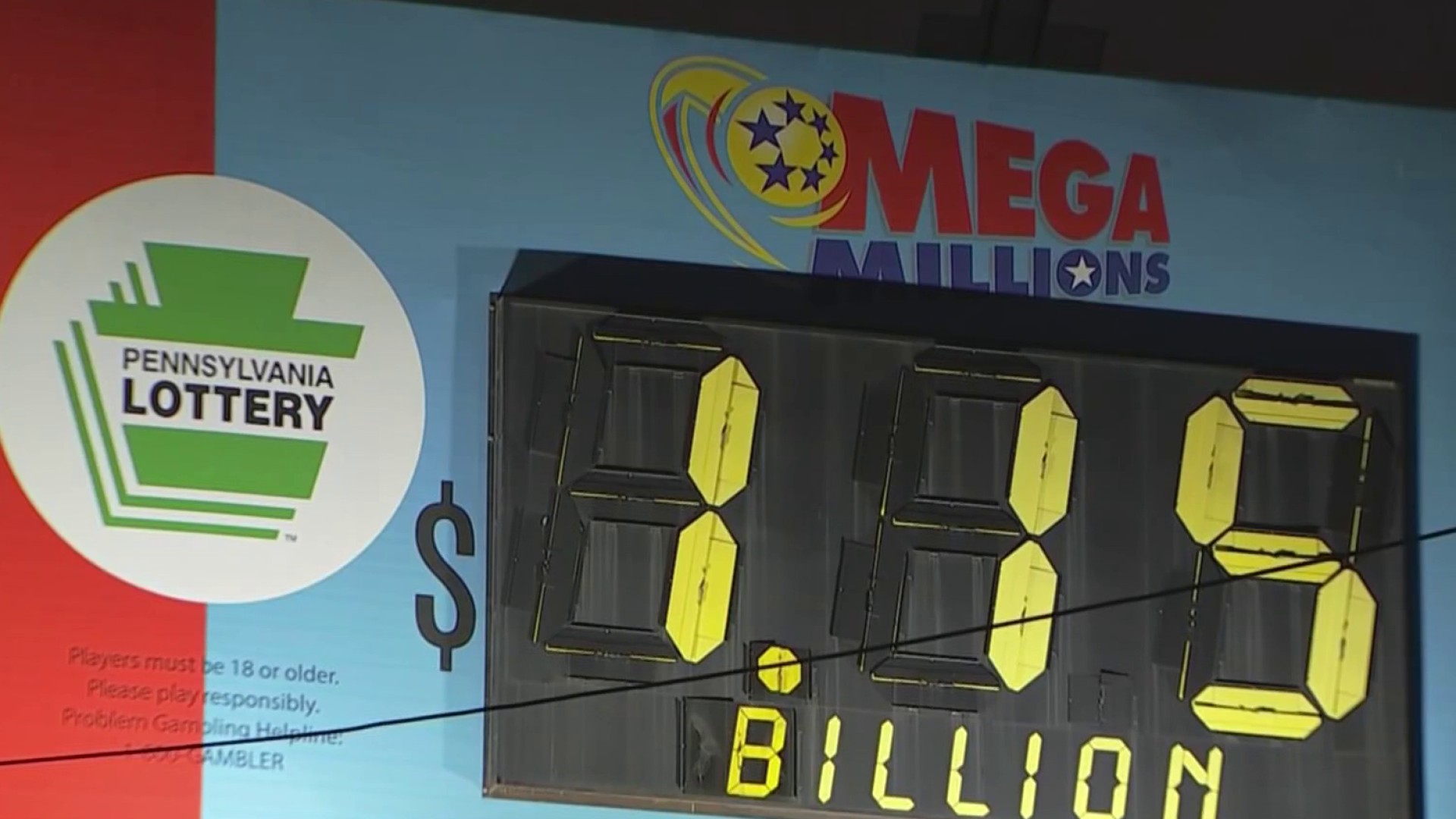Ka-Ching! As you’re cleaning up the pieces following a car accident, South Jersey is all about the Benjamins, baby—rolling in dough from car-crash fees.
That’s right. If you get into a car accident in Wildwood, N.J., you may have to tack on some serious cash to the many bills you’ll incur.
Hope for a fender-bender. If fluid spills onto the road, you’ll be forking over $750. If you have to be cut from your car, think more along the lines of $2,500. And this is on top of any medical and towing fees.
Wildwood was the first municipality in Cape May County to adopt a car-crash fee in 2007 and has raised $10,000 for the city through the latest quarterly report, Wildwood Commissioner William Davenport told The Press of Atlantic City.
High property taxes are influencing the decision to move toward fee-based services.
It's not that locals are exempt from the fees, it's that most drivers on the island during prime summer months are tourists, so they end up paying most accident-based fees, easing some of the tax burden for local residents."We are a tourist town.
Rightfully so, if a tourist has the accident, why should the local taxpayers foot the entire bill?" Davenport asked.
Local
Breaking news and the stories that matter to your neighborhood.
But how does this affect your insurance coverage? Well, the fees probably won’t affect your premium, Rachael Moore, director of the Insurance Council of N.J. said.
However, some insurance companies may not cover the fees at all, leaving the bills to you to cover, she said.
More towns may start charging, as well. Linwood already charges $250 to clean-up spilled fluids. Northfield charges $75, while Atlantic City charges $70.
But, the fees came to a screeching halt in Ocean City when officials feared the bills would negatively impact tourism.
Pennsylvania has placed restrictions on these types of fees, disallowing emergency crews to charge for responding to an accident.
So, what’s next? Charging people to have their homes extinguished if it catches fire? Um, yes!
Wildwood is also considering charging homeowners for fire cases, which started due to ignoring code violations, Davenport said.
"If you have continuing violations that contribute to the fire or spread of the fire, we can bill for the extinguishment," he said.



